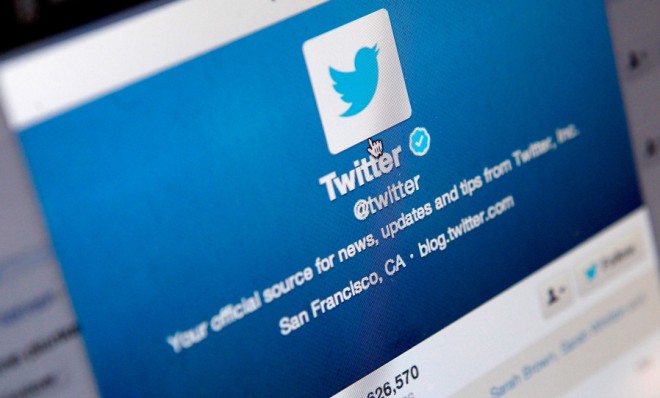3 benefits of Twitter's 'secret' IPO
The micro-blogging site is going stealth for good reason

A free daily email with the biggest news stories of the day – and the best features from TheWeek.com
You are now subscribed
Your newsletter sign-up was successful
Thursday afternoon, Twitter announced via tweet (obvs) that it had "confidentially" filed its S-1 papers for an IPO — a new kind of filing that affords the company certain advantages over its publicly traded tech forefathers like Facebook and Groupon.
The confidential IPO has only been around since President Obama signed the Jumpstart Our Business Startups (JOBS) Act on April 5, 2012. Intended to encourage more public offerings, it gives companies that make less than $1 billion in annual revenue a different set of rules to follow in the run-up to the big day.
Here are three advantages for Twitter:
The Week
Escape your echo chamber. Get the facts behind the news, plus analysis from multiple perspectives.

Sign up for The Week's Free Newsletters
From our morning news briefing to a weekly Good News Newsletter, get the best of The Week delivered directly to your inbox.
From our morning news briefing to a weekly Good News Newsletter, get the best of The Week delivered directly to your inbox.
1. It can strategize in secret
Twitter has almost 300 million users who send more than 500 million tweets a day, many over their smartphones, which are essentially little magnets for advertising dollars. So presumably it has the bandwidth to generate big money.
But according to Tech Crunch, Twitter only brought in about $350 million last year. And CEO Dick Costolo admitted earlier this year that he's against "short-term thinking" about generating revenue.
But lack of revenue — and disinterest in quickly getting a lot of it — can be a recipe for disaster when a company goes public and has to answer to shareholders.
A free daily email with the biggest news stories of the day – and the best features from TheWeek.com
Back in February, Quartz's Zachary M. Seward explained that a secret IPO would allow Twitter to keep "its financial details away from rivals for a few extra months, as it grows a mobile advertising business that might compete with Facebook’s or LinkedIn’s."
In other words, with a confidential IPO, Twitter can buy some breathing room to develop its revenue strategy without letting rivals peek at the blueprints.
2. It can avoid getting into hot water over its books
With a confidential IPO, Twitter will only have to show two years of financial statements, instead of the usual three. The company will also get to keep its financials under wraps until just three weeks before its road show, in which it goes to big institutional investors to drum up orders. How does this time in secret help? Seward breaks it down in a different Quartz article:
[A] company like Twitter can keep its IPO filing secret for a time while government regulators scrutinize it and provide feedback. That allows the firm to iron out its disclosures and accounting methods in private without rattling investors or drawing scrutiny from the press. It’s like getting feedback from your teacher on an essay before it’s due. [Quartz]
Which helps with this:
3. It helps Twitter control the hype
Granted, the Twitter IPO will have plenty of hype — no matter how "secret" its IPO may be. But by keeping its nitty-gritties out of the public eye for as long as possible, it might at least avoid some negative hype.
Groupon famously drew a lot of bad press when the SEC pointed out some of its unusual accounting practices, and Facebook's late disclosure about mobile advertising (or lack thereof) became a hurdle for the company in its first year public.
Who wouldn't want to avoid that kind of drama?
Business Insider's Jay Yarow sums it up like this:
There's almost no reason not to do a secret IPO as far as we can tell. It allows a company to not have to deal with the public knowing about how the SEC is treating the S-1 filing. It avoids the rampant speculation that dogged a company like Groupon during the filing process. [Business Insider]
Carmel Lobello is the business editor at TheWeek.com. Previously, she was an editor at DeathandTaxesMag.com.